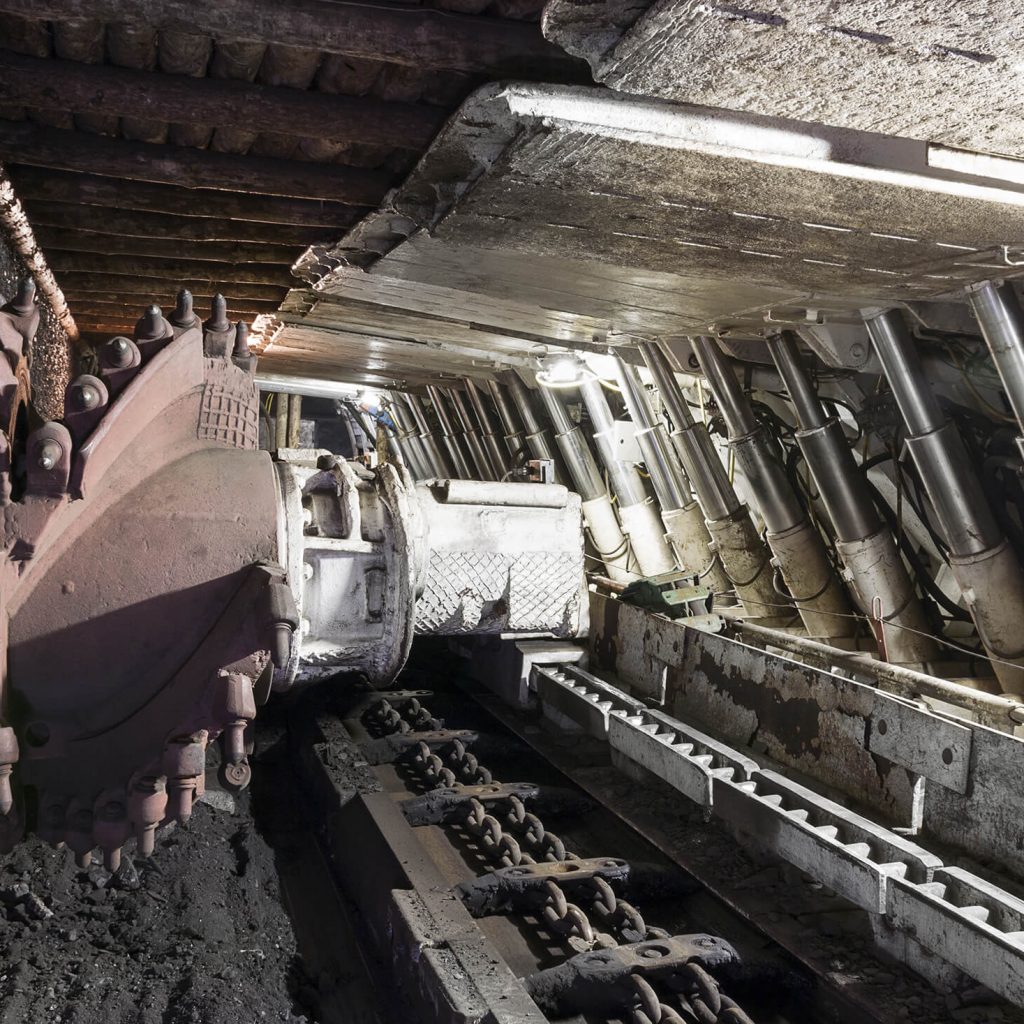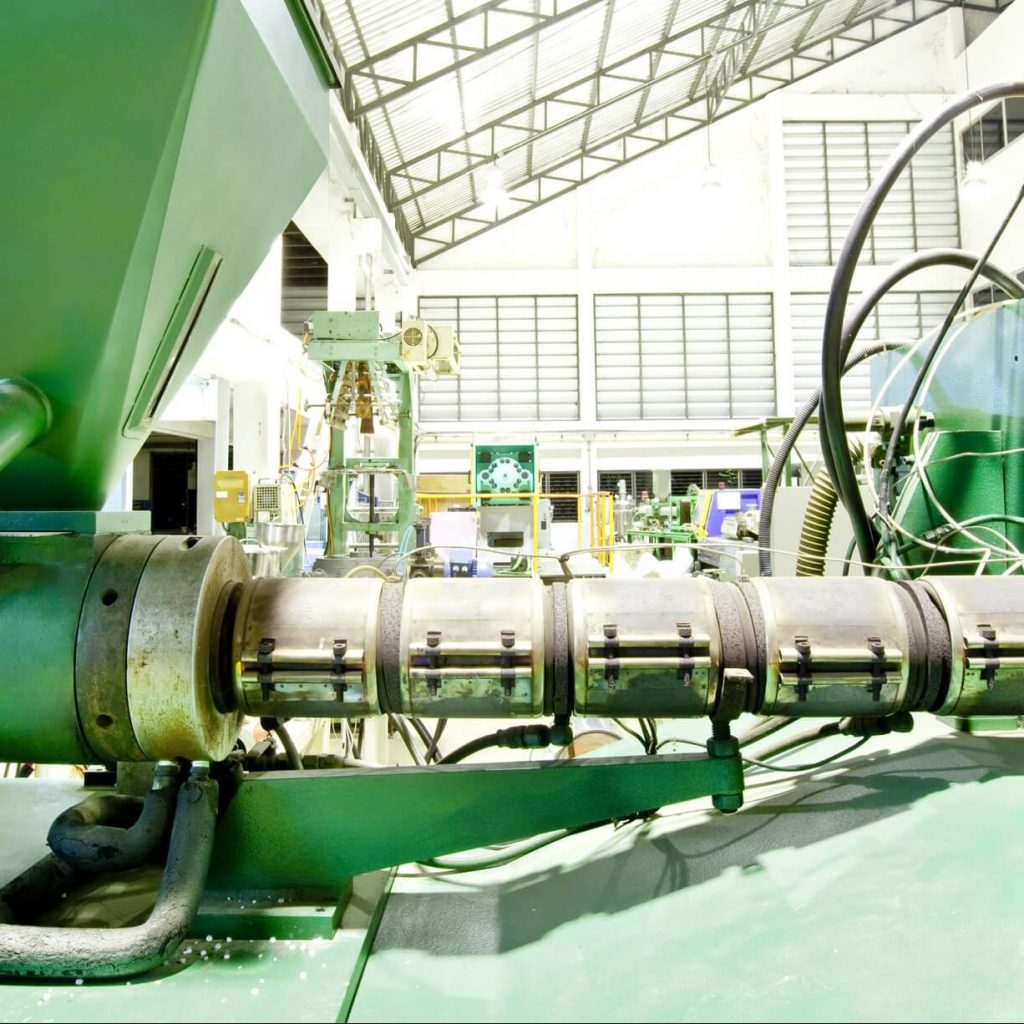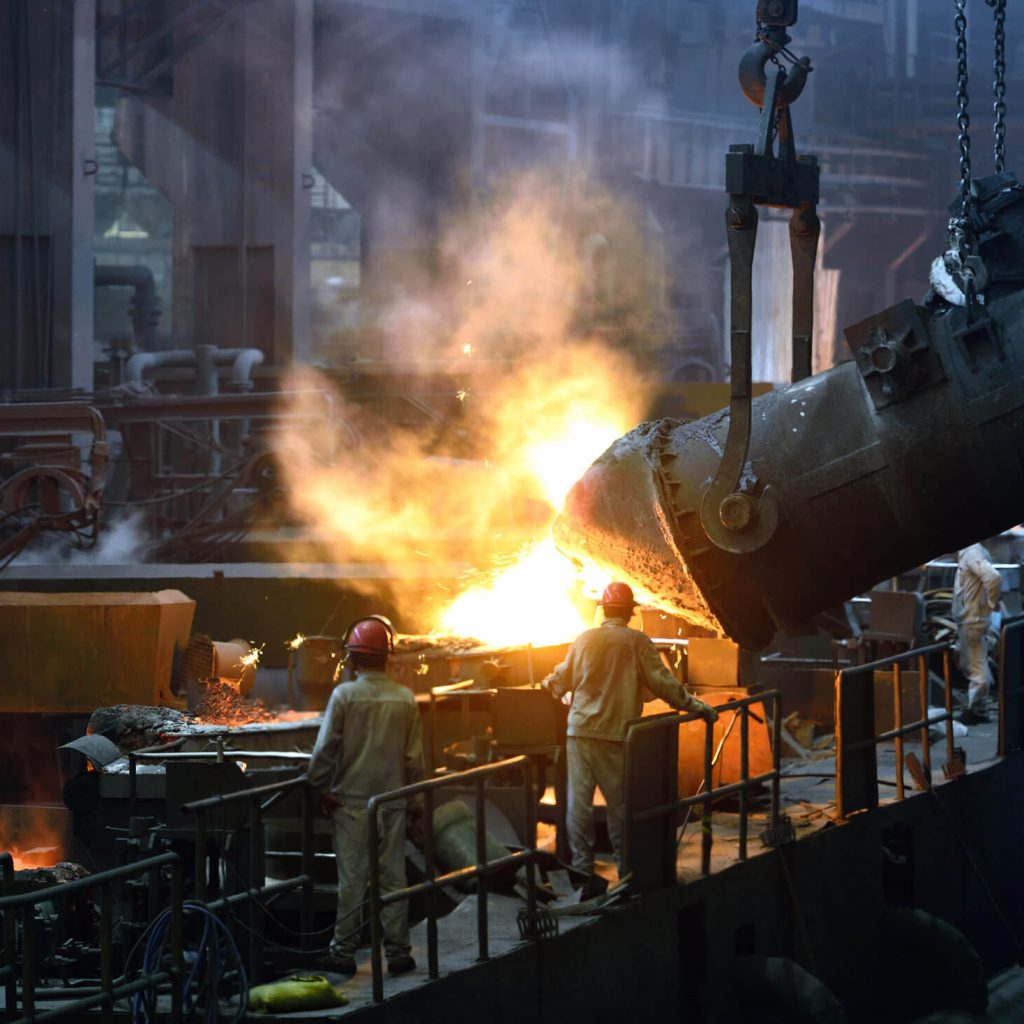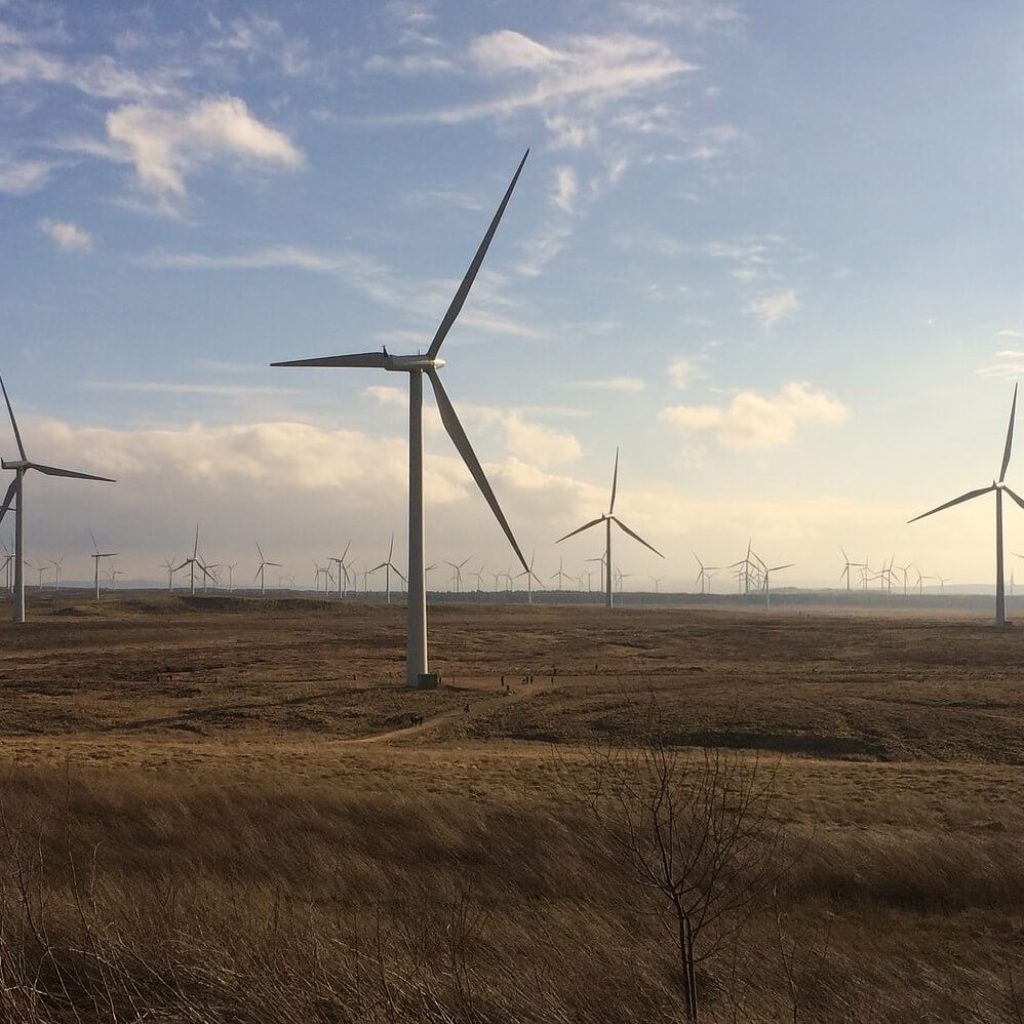The importance of Correct Hydraulic Fluid Disposal
Risks to Health and the Environment with Incorrect Disposal
FREE TRIAL – Hydraulic Oil Filtration
Let us prove to you that our filtration units work. For FREE
Here at Apex hydraulics, we do not consider hydraulic fluid to be a consumable resource. We supply excellent oil filtration systems that can be added to almost any type of existing system to clean your oil and massively extend its useful life. Keeping your oil in working order for as long as possible is best for the environment and best for your budget!
However, there will be times when hydraulic oil will need to be entirely changed and disposed of. This needs to be done extremely carefully. Hydraulic fluid that finds its way into soil or water takes up to a year to degrade and can have a very detrimental effect on the local plants and wildlife. In addition, little is known about how toxic the breakdown products produced by the oil as it decays actually is.[1]
Oil is classed as a hazardous waste, and thus there is legislation in place to ensure that it is kept and disposed of in an acceptable manner. All business owners are responsible for ensuring that any waste hydraulic fluid is appropriately recycled. While waiting for the waste to be properly removed and disposed of, it must be kept in a suitable container; one that is properly labelled, waterproof and leak proof, to prevent any contamination. They are also responsible for having a suitable risk assessment in place, for ensuring that all staff members know about the regulations for the waste management, and for keeping accurate records on the waste’s whereabouts and disposal.[2]
There are three primary ways that hydraulic oil is disposed of. These are regeneration, recycling and energy recovery.[3]
Regeneration and recycling are similar in nature. It involves the removal of all water and contaminants in order to allow the oil to be reused or to make it non-hazardous so that some elements of it can be disposed of safely. In the case of regeneration, once the oil is completely clean, or “laundered”, some additives may be replenished in order for it to be re-used.[4]
Energy recovery refers to the burning of waste oil as fuel. Industries such as power generation would make use of recovered oil.[5]
For information on keeping your oil useable for as long as possible, and for help with finding your nearest safe place to dispose of hydraulic oil, contact Apex today on 01924 456788
[1] Agency for Toxic Substances and Disease Registry. (1997). Public Health Statement for Hydraulic Fluid. Available: http://www.atsdr.cdc.gov/phs/phs.asp?id=755&tid=141. Last accessed 6th April 2016.
[2] Gov.uk. (2015). Business and Commercial Waste. Available: https://www.gov.uk/managing-your-waste-an-overview/storage. Last accessed 6th April 2016.
[3] Hydraulics and Pneumatics Editorial. (2014). Disposal regeneration and recycling. Available: http://www.hpmag.co.uk/news/fullstory.php/aid/724/Disposal_regeneration_and_recycling.html. Last accessed 6th April 2016.
[4] Hydraulics and Pneumatics Editorial. (2014). Disposal regeneration and recycling. Available: http://www.hpmag.co.uk/news/fullstory.php/aid/724/Disposal_regeneration_and_recycling.html. Last accessed 6th April 2016.
[5] Hydraulics and Pneumatics Editorial. (2014). Disposal regeneration and recycling. Available: http://www.hpmag.co.uk/news/fullstory.php/aid/724/Disposal_regeneration_and_recycling.html. Last accessed 6th April 2016.
Some of Our Sector Experience
To find out more information about our experience of delivering successful projects across a range of operating environments, click on an image below…
More News Items
Read more from our news section. From time to time we will update the news section with industry insight, company updates and further products/services information…
FREE TRIAL – Hydraulic Oil Filtration
Let us prove to you that our filtration units work. For FREE












